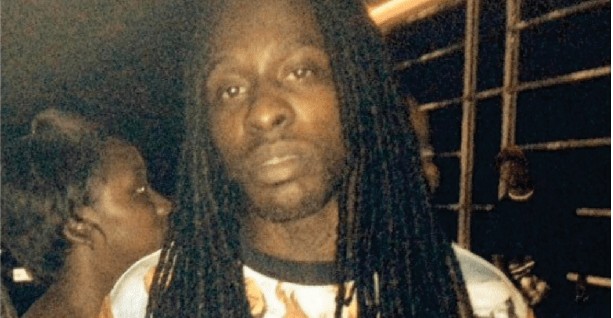A seemingly straightforward case about religious freedom in prison could have far-reaching consequences for vulnerable patients reliant on Medicaid, the federal health insurance program for low-income Americans. At issue is Landor v. Louisiana Department of Corrections, a case where a Rastafarian inmate was forcibly shaved against his religious beliefs while incarcerated.
While it appears almost universally agreed upon that Louisiana prison officials violated Damon Landor’s rights under the Religious Land Use and Institutionalized Persons Act (RLUIPA) by shaving his dreadlocks, the Supreme Court is focusing on a narrower legal point: whether Landor can actually sue those officers for damages. This specific question hinges on complex rules surrounding federal grants to states and their implications for individual lawsuits.
A Tricky Legal Labyrinth:
The case highlights a contentious area of law concerning how federal laws regulating states operate. Federal courts have generally held that conditions attached to federal grants, like RLUIPA’s requirements for religious freedom in prisons, primarily bind the states receiving those funds, not individual state employees who might violate those conditions.
This legal principle stems from the Constitution’s limitations on Congress directly commanding state governments. However, Congress can incentivize states to comply with certain regulations by attaching conditions to federal funding. The Supreme Court has historically upheld this practice but seems poised to reconsider its boundaries.
The Stakes Beyond Prison Walls:
Justice Neil Gorsuch, writing for the majority in a similar case last term (Medina v. Planned Parenthood ), signaled his intention to restrict Congress’s ability to enforce these conditions through private lawsuits. His concerns echo those voiced by several Republican justices during Landor’s oral arguments: they seem uneasy with allowing individuals to directly sue state employees over alleged violations of federal grant conditions.
This trend, if upheld in Landor, could significantly weaken the legal protections afforded to Medicaid patients nationwide.
Medicaid, the largest federal healthcare program for low-income Americans, relies heavily on these “conditions” imposed on states accepting federal funds. These conditions dictate a wide range of patient rights, from access to mental health services to safeguards against improper nursing home practices. If the Supreme Court continues down this path, limiting private lawsuits as enforcement mechanisms, it could hamstring Medicaid patients’ ability to challenge violations of their rights within the system.
Why Now? A Case That Defies Logic:
The oddity surrounding Landor is that lower courts have consistently upheld the very legal reasoning that now seems poised for reversal by the Supreme Court. It is unclear why the Justices chose this particular, and seemingly egregious, case to reconsider established precedent unless their ultimate aim is to chip away at federal spending power and limit Congress’s ability to protect individual rights through Medicaid funding conditions.
The Landor case may seem confined to prison walls, but its potential ripple effect could reach far beyond those confines, leaving vulnerable Medicaid patients with fewer legal avenues to ensure they receive the care and protections promised under federal law.





























![[Огляд] Xiaomi MiJia M365 – відмінний [електросамокат] від надійного китайського виробника](https://web-city.org.ua/wp-content/uploads/2018/01/P1160682_1-218x150.jpg)













![[DNS probe finished no Internet] Як виправити помилку?](https://web-city.org.ua/wp-content/uploads/2018/01/1-42-218x150.jpg)




























